Which organizations specialize in owl rescue and rehabilitation efforts?
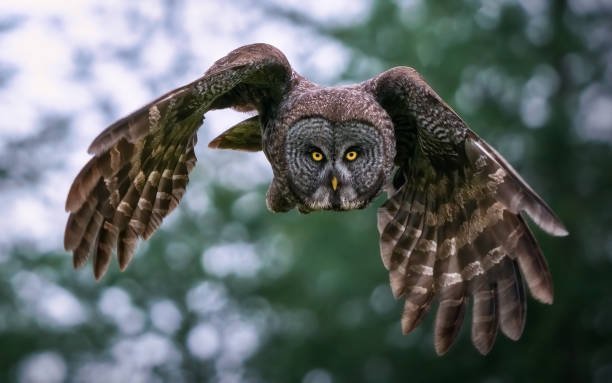
Introduction:
In this article, I’ll delve into the crucial world of owl rescue and rehabilitation efforts, shedding light on organizations dedicated to the welfare and conservation of these enigmatic avian creatures. Owls, with their mystique and captivating beauty, are often in need of assistance due to various threats, such as habitat loss, collisions with vehicles, or injuries from man-made objects. These magnificent birds play a vital role in maintaining ecosystem balance, making their protection a top priority for conservationists and animal lovers alike.
While some individuals and local wildlife centers may occasionally rescue and care for injured owls, several specialized organizations have made it their mission to provide expert care, medical treatment, and rehabilitation services to owls in distress. This article will explore some of the prominent organizations at the forefront of owl rescue and rehabilitation, highlighting their dedicated efforts to ensure that these magnificent raptors can continue to grace our natural world.
Owl Research Institute:
The Owl Research Institute is a well-established organization dedicated to the conservation and rehabilitation of owls in the United States. Founded by biologist Denver Holt, this institute focuses on scientific research, education, and conservation efforts pertaining to owls. Located in Charlo, Montana, their primary aim is to protect and rehabilitate owl species native to North America. They conduct extensive field research to better understand owl behavior, nesting habits, and migration patterns, thereby contributing valuable data to owl conservation efforts. Additionally, the Owl Research Institute plays a crucial role in rehabilitating injured or orphaned owls, providing them with the necessary care and medical attention to ensure their eventual release back into the wild. Their commitment to both research and rescue makes them a vital player in owl conservation.
The Owl Research Institute also prioritizes educational outreach, sharing their knowledge and passion for owls with the public. Through programs, workshops, and community engagement, they strive to raise awareness about the importance of owl conservation. By fostering a deeper appreciation for these magnificent birds, they inspire individuals and communities to actively support owl protection initiatives. Their dedication to both scientific research and public engagement positions them as a comprehensive and influential organization in the world of owl rescue and rehabilitation.
International Owl Center:
The International Owl Center is a prominent organization that specializes in the rescue, rehabilitation, and conservation of owl species from around the world. Located in Houston, Minnesota, this center is renowned for its commitment to the well-being of owls and its mission to educate the public about these magnificent birds. With a strong emphasis on rehabilitation, the International Owl Center provides a safe haven for injured and orphaned owls, offering expert care and treatment to help them recover and thrive. These efforts often lead to the successful release of rehabilitated owls back into their natural habitats.
One of the distinguishing features of the International Owl Center is its dedicated educational programs. They offer various interactive experiences, including owl presentations, field trips, and educational displays, all designed to foster a deeper appreciation and understanding of owls. By engaging with visitors of all ages, the center plays a vital role in raising awareness about the importance of owl conservation and the ecological significance of these birds. Additionally, their global perspective on owl conservation underscores their commitment to preserving owl species worldwide.
The Raptor Trust:
The Raptor Trust, situated in Millington, New Jersey, is an organization specializing in the rescue, rehabilitation, and conservation of a wide range of raptor species, including owls. While their primary focus is on birds of prey, they have an impressive track record when it comes to the care of injured or orphaned owls. Founded in 1982, the Raptor Trust has become a vital hub for raptor rehabilitation in the United States.
The organization’s facilities include state-of-the-art aviaries and medical facilities, ensuring that injured raptors, including owls, receive top-notch care and rehabilitation. These birds are provided with medical treatment, nourishment, and a safe environment to recover from injuries or illness. Once healed, the goal is to release these owls back into their natural habitats, contributing to the preservation of their populations.
In addition to their rehabilitation efforts, the Raptor Trust actively engages in public education and awareness. They conduct various programs and events that allow visitors to learn about these magnificent birds and the importance of their conservation. The Raptor Trust’s holistic approach, encompassing rescue, rehabilitation, and education, makes it a key player in the protection of owls and other raptor species.
Raptor Education Group:
The Raptor Education Group, commonly referred to as REGI, is an organization based in Antigo, Wisconsin, with a strong focus on the rescue and rehabilitation of raptors, including owls. Founded by Marge Gibson and Don Gibson, REGI has been providing care and support to injured and orphaned owls and other birds of prey since its inception in 1990. The organization operates with the primary goal of releasing rehabilitated birds back into the wild, contributing to the conservation of these magnificent species.
At their facility, REGI provides specialized medical treatment, rehabilitation, and housing for a variety of raptor species, including injured and orphaned owls. The organization’s experienced staff and volunteers work tirelessly to ensure that each bird receives individualized care tailored to their specific needs. Owls with injuries or illnesses are nursed back to health and, when deemed fit for release, given a second chance in their natural environments.
In addition to their hands-on rehabilitation efforts, REGI is deeply committed to public education and outreach. They conduct educational programs, workshops, and events that aim to raise awareness about raptors, their ecological importance, and the challenges they face in the wild. By engaging with the community and fostering an understanding of raptor conservation, REGI plays a crucial role in the protection of owls and other birds of prey in Wisconsin and beyond.
Carolina Raptor Center:
The Carolina Raptor Center, located in Huntersville, North Carolina, is an organization committed to the conservation and protection of raptors, including owls, in the southeastern United States. Founded in 1981, the center has evolved into a leading facility dedicated to the rescue, rehabilitation, and education surrounding these magnificent birds. While their primary focus is on raptors, they have an extensive history of aiding injured or orphaned owls.
One of the notable aspects of the Carolina Raptor Center is the comprehensive care they provide to injured or orphaned owls. Their team of skilled professionals and volunteers offers medical treatment, nourishment, and safe enclosures for the rehabilitation of these birds. The center’s ultimate goal is to return the rehabilitated owls to their natural habitats, bolstering local owl populations.
In addition to their rehabilitation efforts, the Carolina Raptor Center places a strong emphasis on public education and engagement. They offer diverse educational programs, including raptor encounters, live bird presentations, and educational exhibits, all designed to raise awareness about the importance of owl conservation and the vital role raptors play in local ecosystems. Their wide-ranging activities make them a critical organization in promoting owl welfare and conservation in the southeastern United States.
O.W.L. Orphaned Wildlife Rehabilitation Society:
The Orphaned Wildlife Rehabilitation Society (O.W.L.), based in Delta, British Columbia, Canada, specializes in the rescue, rehabilitation, and conservation of various wildlife species, with a focus on raptors, including owls. Founded in 1985, O.W.L. has a long-standing history of providing critical care to injured, sick, and orphaned owls. The organization is renowned for its commitment to releasing rehabilitated birds back into their natural habitats, thereby contributing to the preservation of these remarkable species.
At their state-of-the-art facility, O.W.L. offers specialized medical treatment and rehabilitation for a wide variety of raptor species, including owls. Their experienced team of staff and volunteers provides meticulous care, ensuring that each bird receives the necessary support to recover from injuries or illnesses. Once rehabilitated, owls are released back into the wild, reinforcing local owl populations.
In addition to their rehabilitation efforts, O.W.L. is deeply engaged in public education and awareness. They conduct educational programs, workshops, and outreach activities that aim to foster understanding and appreciation of raptors, their ecological significance, and the challenges they face. O.W.L.’s holistic approach, combining rescue, rehabilitation, and education, underscores their crucial role in owl and raptor conservation in British Columbia, Canada, and beyond.
The Barn Owl Trust:
The Barn Owl Trust, situated in Ashburton, Devon, United Kingdom, is an organization specializing in the rescue, rehabilitation, and conservation of barn owls. Although their primary focus is on a single owl species, their work is of great significance due to the particular challenges faced by these birds. Founded in 1988, the trust has dedicated itself to ensuring the survival and well-being of barn owls, a vulnerable species in the UK.
One of the central functions of the Barn Owl Trust is the rescue and rehabilitation of injured or orphaned barn owls. They provide specialized care and treatment for these birds, with the goal of returning them to the wild. Given the specific habitat requirements and challenges barn owls face, the trust’s work is instrumental in safeguarding the species.
In addition to their hands-on rehabilitation efforts, the Barn Owl Trust places a strong emphasis on public education and habitat conservation. They conduct educational programs, offer nest box schemes, and work with landowners to create suitable barn owl habitats. Their comprehensive approach, which includes both rehabilitation and habitat conservation, underscores their vital role in barn owl conservation in the United Kingdom.
Birds of Prey Foundation:
The Birds of Prey Foundation, based in Broomfield, Colorado, is an organization specializing in the rescue, rehabilitation, and conservation of a variety of raptor species, including owls. Established in 1982, the foundation has a rich history of providing expert care and support to injured and orphaned owls and other birds of prey. Their mission is to release rehabilitated birds back into the wild, contributing to the conservation of these remarkable species.
The Birds of Prey Foundation offers a comprehensive approach to the rehabilitation of raptors, including owls. They maintain state-of-the-art facilities for the medical treatment and housing of injured birds. The organization’s experienced staff and volunteers work diligently to ensure that each bird receives individualized care to help them recover from injuries or illnesses. Once rehabilitated, the goal is to release these owls back into their natural habitats, thereby supporting local owl populations.
In addition to their rehabilitation efforts, the Birds of Prey Foundation is actively engaged in public education and outreach. They offer various educational programs, including raptor presentations and outreach events, all designed to raise awareness about the importance of owl conservation and the ecological significance of these birds. Their holistic approach, encompassing rescue, rehabilitation, and education, underscores their crucial role in the protection of owls and other birds of prey in Colorado and beyond.
Conclusion:
I hope this exploration of organizations specializing in owl rescue and rehabilitation efforts has shed light on the remarkable work being done to protect these magnificent birds. The highlighted organizations, from the Owl Research Institute in Montana to the Birds of Prey Foundation in Colorado, are champions of owl conservation, with dedicated teams committed to the welfare of these avian predators.
Through their rescue and rehabilitation efforts, these organizations play a vital role in ensuring that injured, orphaned, or imperiled owls have a second chance at life in the wild. Their dedication to medical care, habitat restoration, and public education underscores the multifaceted approach required to safeguard owl populations.
As we reflect on the collective efforts of these organizations, it becomes evident that the conservation of owls extends far beyond the boundaries of any single organization. It is a shared responsibility that encompasses science, compassion, and education, all aimed at preserving the ecological significance and mystique of these enigmatic birds for generations to come. Owl conservation is a testament to our commitment to protect the diversity and beauty of the natural world.
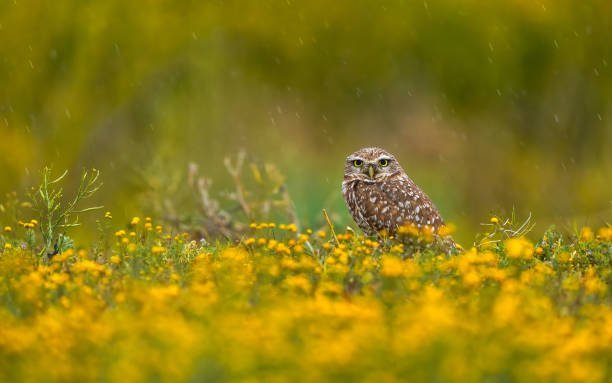
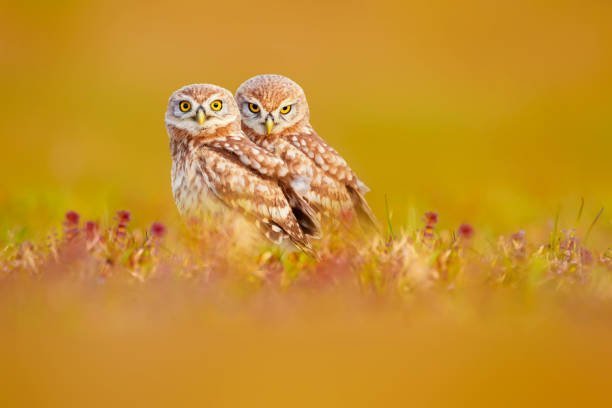
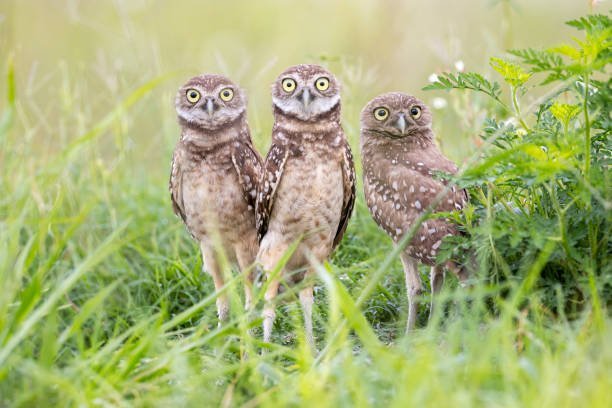
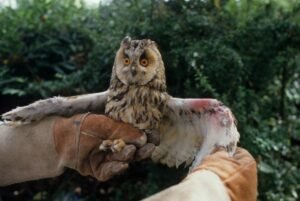
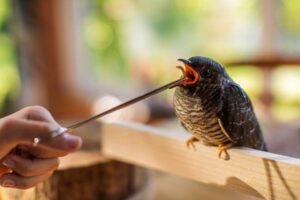
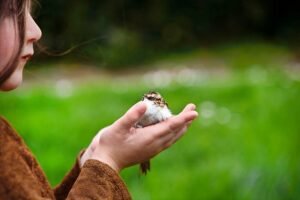
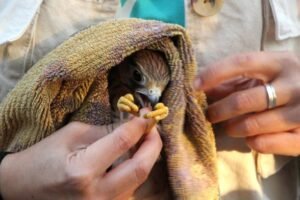
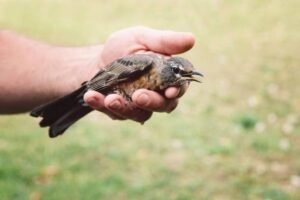
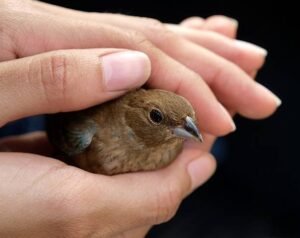
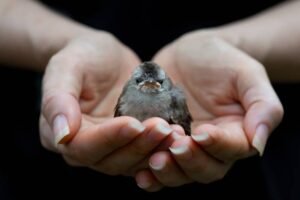
Post Comment